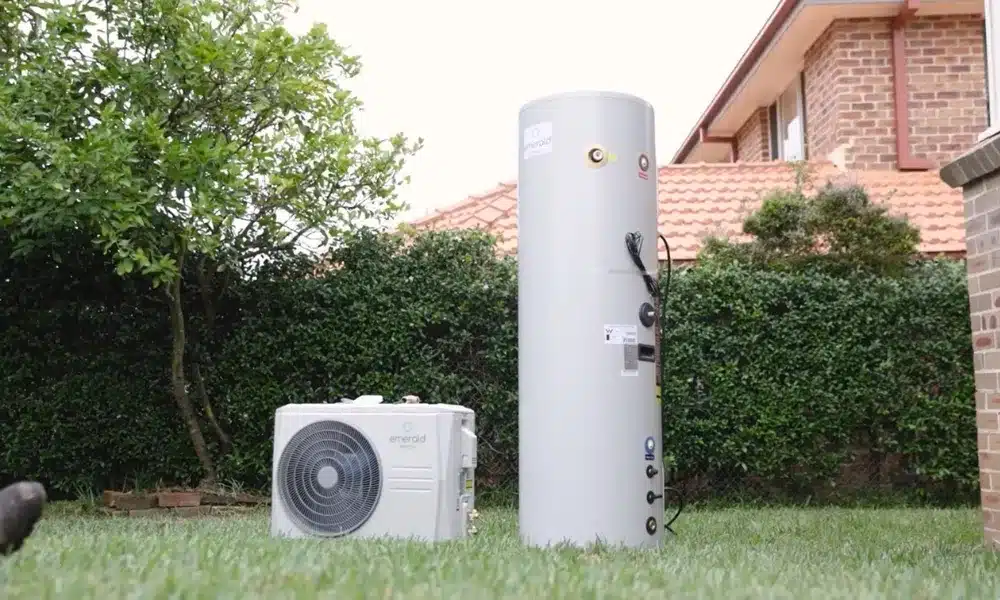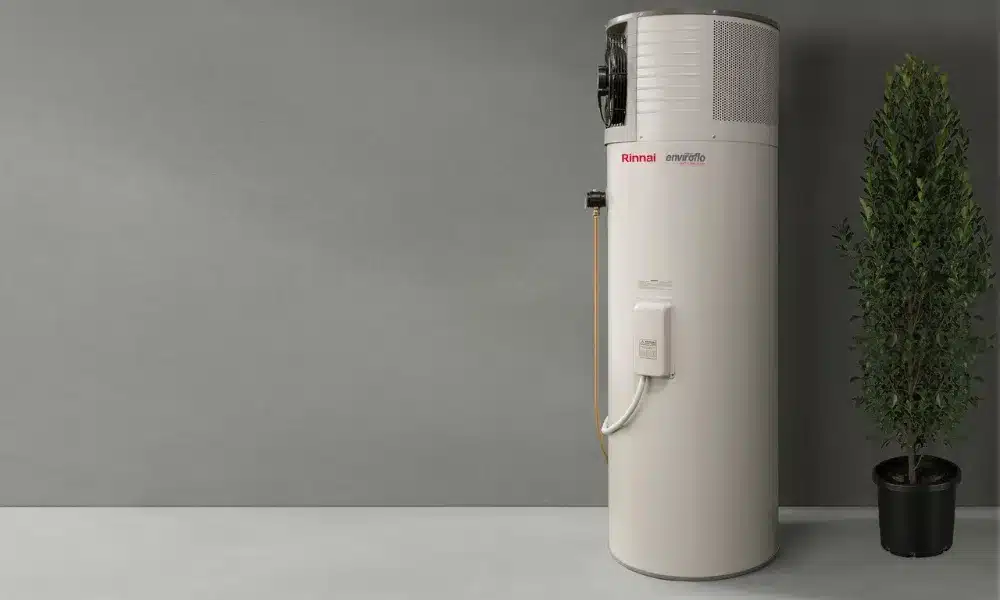Victoria: The Place To Be
This was once the number plate slogan that you’d read whilst waiting in traffic, but it couldn’t be truer environmentally and fiscally. The Victorian government have committed to net zero by 2035. This means that they’ve set in motion a range of incentives and policies to see this target achieved. One such incentive has been the recent addition of heat pump upgrades that attract Victorian Energy Efficiency Certificates (VEECs) under the Victorian Energy Upgrades program (VEU). This means that approved heat pumps in Victoria now attract 3 types of incentives: STCs, VEECs, and the state government hot water rebate.
As the commitment to net zero by 2035 shapes policies and incentives in Victoria, the path to sustainability widens. Exploring options like heat pump upgrades under the Victorian Energy Upgrades program becomes not just environmentally conscious but financially rewarding. To seamlessly navigate these opportunities, Energy Matters offers a practical step. Get FREE solar quotes to explore how these incentives align with your goals, providing a tailored approach to your journey towards a greener and more cost-effective future.
Victorian heat pump savings
The savings you can expect are enormous! Where a fully installed heat pump would have cost you $3,000, you could now expect to pay as little as $825. Let’s break it down:
RRP for 220L Heat pump: $3,000
STCs: -$950
VEECs: -$400
State government rebate: -$825
Total: $825*
The Victorian state government rebate is equal to half of the cost of the system, after STCs and VEECs values are removed, or up to $1,000. Installation also usually includes the decommissioning and removal of the old hot water system.
So why would you want to update your existing gas or electric system to a heat pump?
Reasons for switching to a heat pump
Heat pump hot water systems are often considered better than gas water heaters for several reasons:
Energy efficiency
Heat pump hot water systems are highly energy-efficient because they do not directly generate heat. Instead, they transfer heat from the surrounding air or ground to heat the water. This process consumes significantly less electricity than burning gas to produce heat. The result is lower energy bills and reduced greenhouse gas emissions. Yes, they work in Victoria’s climate!

Lower operating costs
Due to their higher energy efficiency, heat pump water heaters can save homeowners money on their utility bills over the long term compared to gas water heaters. The savings can be substantial, especially in regions with high electricity costs and renewable energy incentives. This makes Victoria the place to be!
Environmental impact
Heat pump water heaters have a lower carbon footprint than gas water heaters. They rely on electricity, which can be generated from renewable sources such as wind, solar, or hydroelectric power. This can contribute to reducing greenhouse gas emissions and environmental impact.
Safety
Gas water heaters can pose safety risks, such as gas leaks or carbon monoxide emissions if not properly maintained or installed. Heat pump water heaters do not have these combustion-related safety concerns, making them a safer option for many households.

Versatility
Heat pump water heaters can be installed in various locations, including basements, garages, or outdoors. They do not require access to natural gas lines. This makes them a versatile choice for homes in areas without gas infrastructure.
Durability and longevity
Heat pump water heaters typically have a longer lifespan than gas water heaters. They can last 10-15 years or more with proper maintenance, while gas heaters may need replacement sooner.
Heat pump benefits
Heat pumps used in water heaters can also serve as dehumidifiers and air conditioners, providing additional value by maintaining comfortable indoor conditions while efficiently heating water.
However, it’s important to note that the performance of a heat pump water heater can be influenced by factors such as climate, installation quality, and usage patterns. In colder climates, the efficiency of heat pump water heaters may decrease, and a backup electric element may be needed. Therefore, it’s essential to assess your specific needs and conditions before deciding between a heat pump and a gas water heater.
Heat pumps: What you can expect
Heat pumps are available with a separate compressor unit or as an all-in-one. In their early iterations, heat pumps were known for running very loud. Newer heat pumps, which are readily available in Victoria, usually have a running sound output of 40 to 50 decibels (dBA) when standing within 1 metre of the unit. This is the equivalent of a standard refrigerator sound when the compressor is running. For reference, a whisper is 30 dBA. For every 1 metre away from the system, the sound output will decrease by 6 dBA. While heat pump systems are relatively quiet during the day, they will often run at night. For this reason, we recommend positioning them, where possible, away from bedrooms.

Like most renewable energy tech, your heat pump hot water system will likely come wifi enabled. This will allow you to monitor your usage via an app, further enabling you to take control of your energy and water consumption. Depending on the system, you might also be able to control the temperature and set timers with the app.
Electrification in action
Changing your gas hot water system for an electric heat pump is just one step in the move to electrify your home. Click here to find out how you can make practical steps to electrify and future-proof your home.
If you’re ready to make the switch, Energy Matters provides FREE quotes for heat pump hot water systems, along with free quotes for solar, batteries, and more. For free heat pump quotes, click this link and select ‘Other Renewables/Energy Saving’ when prompted.
*All figures provided are examples of possible savings and are intended as guidance only. Rebates and incentives are subject to eligibility.














































